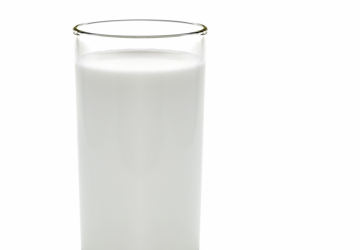 We’ve compared New York City’s recently enacted ban on large soft drinks in restaurants with the disastrous “Noble Experiment” of alcohol prohibition in the early 20th century, and we’re hardly alone. Today, magazine publisher Steve Forbes weighs in with an invocation of the not-really-dry decade and some topical Photoshop (perhaps inspired by our efforts?).
We’ve compared New York City’s recently enacted ban on large soft drinks in restaurants with the disastrous “Noble Experiment” of alcohol prohibition in the early 20th century, and we’re hardly alone. Today, magazine publisher Steve Forbes weighs in with an invocation of the not-really-dry decade and some topical Photoshop (perhaps inspired by our efforts?).
Forbes argues that there are two models to change habits of health vices, whatever the particular vice may be: persuasion or compulsion. Bloomberg, like Andrew Volstead before him, has chosen compulsion. Forbes notes, “The way to deal with most of these is not through government coercion […] but through civic, voluntary action.”
We couldn’t agree more. New York’s soda ban should work out just as well as school cupcake cops, the ones kids evade by holding “napkin sales” and creating what one reporter called “Willy-Wonka-meets-Casablanca.” Without the support of New Yorkers (polls showed solid majorities opposed), elusion and evasion will be the orders of the day as all a thirsty New Yorker must do to get what he wants is to go to a convenience store, where soda will still flow freely.
Widespread bootlegging and surreptitious tippling didn’t convince arch-Prohibitionists in the 1920s to give up, and we hardly expect today’s banning crowd to be much different. Indeed, they’re already trying to convince people that food is just a nicer line of cocaine and that defending adults’ right to choose is “blaming the victim.”
Unfortunately, the results of this sort of ban, bash, and ban some more reasoning will be disastrous. Without a personal commitment to improve health, bans and taxes promote cheating, not weight loss. By creating what one doctor called “McVictims,” activists will create defeatism in prospective dieters. That’s not how to empower people to lose weight.




